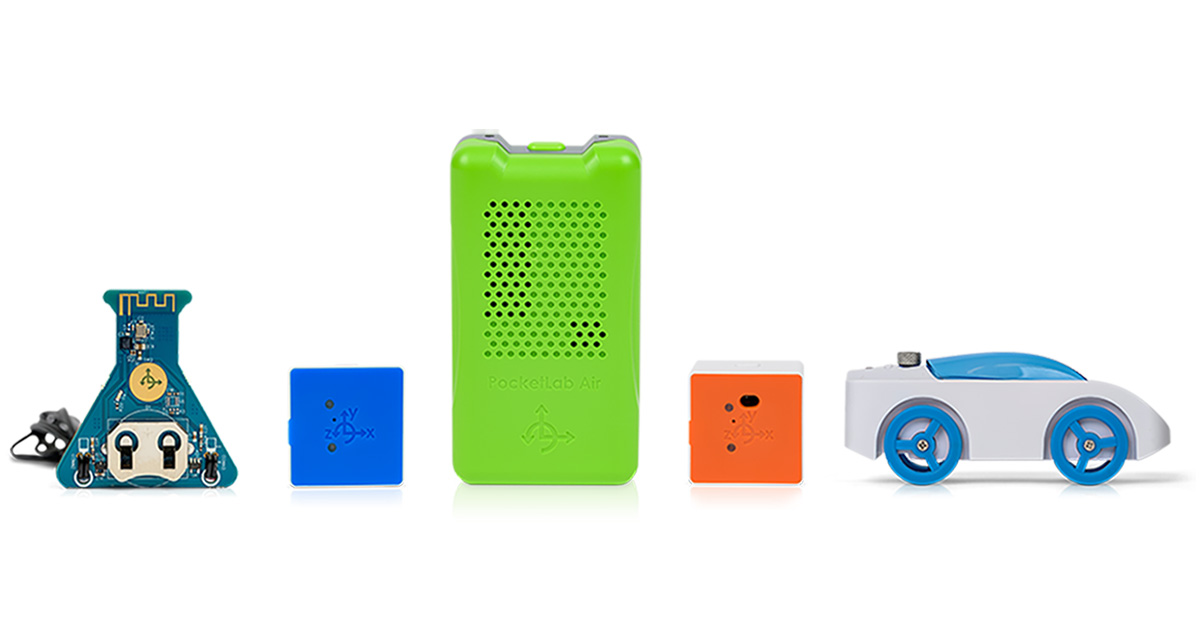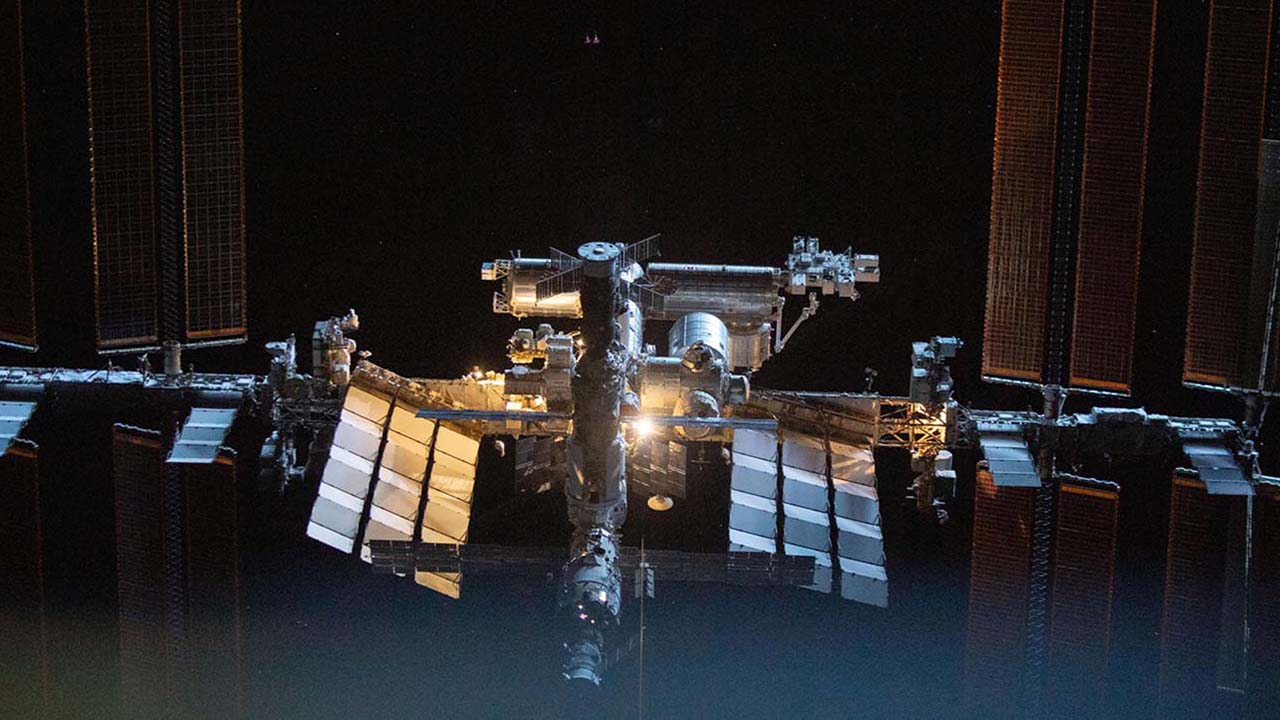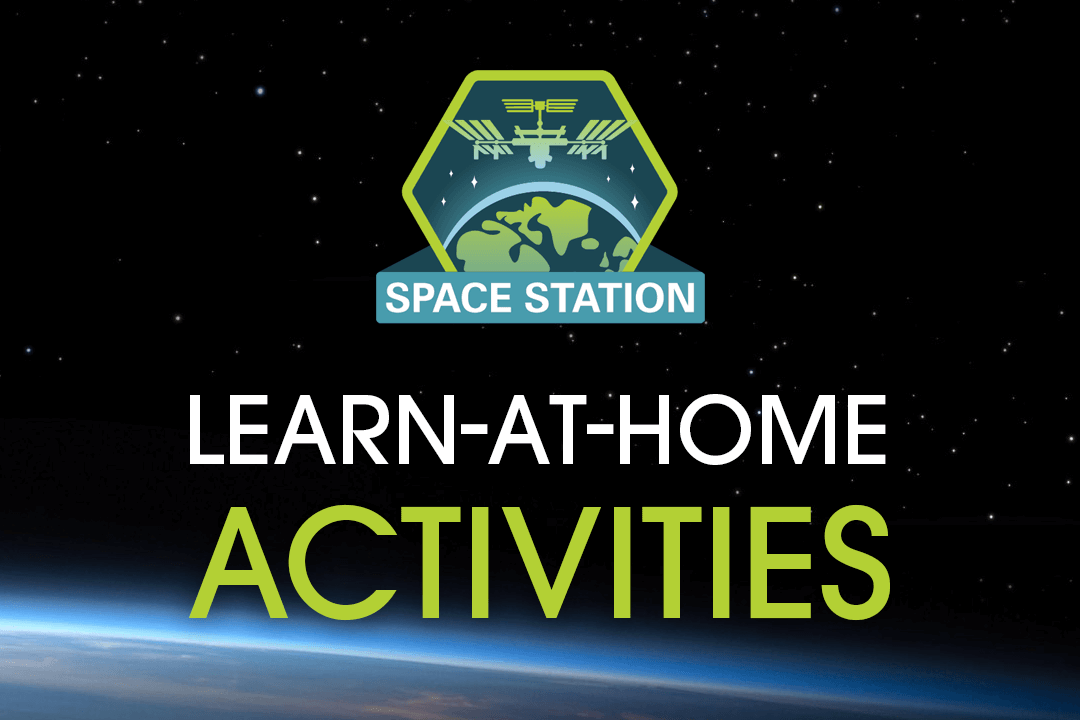PocketLab, the newest partner in the Space Station Explorers community, is making a splash with its many offerings to educators. From engaging online professional development to unique curriculum and products to enhance student science experiments, PocketLab is helping to shape the future of science education.
Each year, PocketLab hosts a free virtual Science is Cool (ScIC) “Unconference” for educators along with several other ScIC events throughout the year. The annual ScIC Unconference is designed to connect educators with professionals from companies like PhET Interactive Simulations, Smithsonian, Walt Disney Imagineering, NASA, and the International Space Station (ISS) National Laboratory to provide inspiration and resources for them as they head back to the classroom.
“Since March 2020, ScIC events have reached more than 90,000 educators from more than 200 countries,” said Susan Hein, marketing director for PocketLab. “This is thanks to appearances from inspiring science leaders such as Neil deGrasse Tyson, Ira Flatow, and Dr. Liz Warren formerly of the ISS National Lab and now director of research and development for Blue Origin’s Orbital Reef, and many more.”
Angela Rasmussen, an educator from Richmond, Virginia, says the Unconference inspires her. “This is my eighth-year attending, and I love it,” she said. “This event has inspired me to be the best teacher I can be.”
Joanne Michael, an educator who is a Space Station Ambassador and member of the Space Station Explorers community agrees. “The event was amazing!” she said. “Every speaker and presentation throughout the day was engaging, each showing and highlighting different approaches to teaching science.”
PocketLab also strives to improve the accessibility of science to students through a series of special tools called PocketLab sensors. By bringing these sensors into the classroom, educators can help transform their students into scientists. Designed to measure and collect live data from hundreds of hands-on science experiments, the sensors allow students to instantly visualize that data on the PocketLab Notebook online, allowing educators to more easily monitor a student’s progress and provide real-time feedback during experiments.
A suite of five different PocketLab sensors are available to support a range of scientific experiments. Students can use the Thermo sensor as a temperature probe, while the Air and Weather sensors help students detect elements of the atmosphere around them. The G-Force sensor allows students to measure velocity, position, and rotation, and the Voyager sensor combines all four sensor features into one device.
Be sure to join us on October 6, as the ISS National Lab Education team partners with PocketLab for a special webinar to discuss how PocketLab sensors can help educators in the classroom. Registration for the event is now open, so click here for more details.
For more information about the ScIC Unconference or PocketLab sensors, visit the PocketLab website. To learn more about ISS National Lab educational programs and resources, visit the Space Station Explorers webpage.







